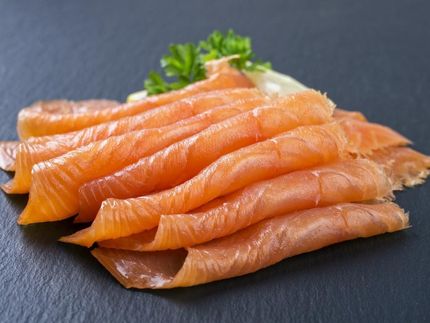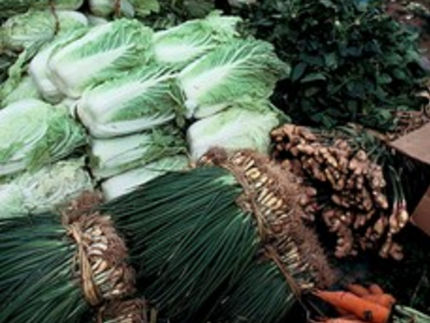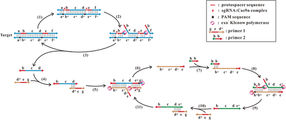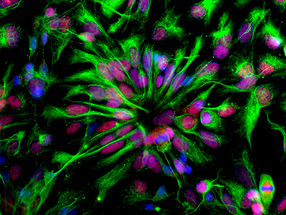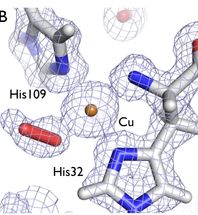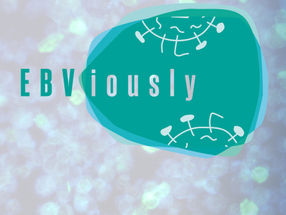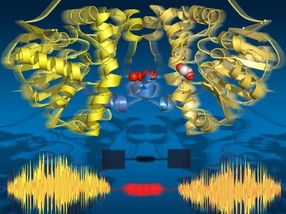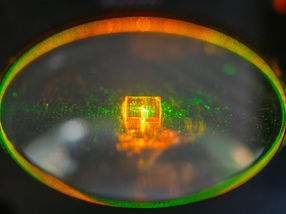Global collaboration doubles sustainable catch in five years
A new report published by the Marine Stewardship Council to mark World Oceans Day shows how effective management and improvements made by MSC certified fisheries are delivering measurable, positive impacts in our oceans, from reducing bycatch to advancing scientific understanding of marine environments.
Since 2010, the volume of global wild seafood catch that is MSC certified has almost doubled from 5% (4,541,358 tonnes) to 9.4% (8,821,221 tonnes) in 2015. Across 33 countries, 281 fisheries are now independently certified to the world’s most recognised and credible standard for sustainable fishing.
The 2016 Global Impacts Report provides a quantitative analysis of the progress made by MSC certified fisheries since the MSC program began and highlights the significant improvements made over the last five years.
"The MSC was established nearly 20 years ago to address the problem of unsustainable fishing and safeguard seafood supplies for the future. Our latest report showcases the results of the hard work, innovation and investment made by fisheries to achieve and maintain certification, and the positive change on the water the MSC program helps catalyse globally," said Rupert Howes, MSC’s Chief Executive.
Reducing environmental impacts
MSC data show that over the course of their certification, 94% of certified fisheries are required to make at least one improvement to strengthen or further monitor the sustainability of their operations in order to maintain their certificate. By end of 2015, 281 fisheries had made 876 improvements, with many more being developed.
The report points to advances in technology, research and management that are enabling smarter and more selective fishing In the southern Indian Ocean, for instance, measures implemented by the certified Kerguelen toothfish fishery have dramatically reduced the number of seabirds accidentally caught on longlines, with just three grey petrel mortalities reported last year; in the certified Louisiana blue crab fishery, almost 25,000 derelict crab traps have been removed, minimising the risk of ghost-fishing to vulnerable terrapin species.
"From improving harvest strategies to taking action to reduce impacts on other species, MSC certified fisheries are developing innovative science-based solutions to the challenges of sustainable management. The report shows how their commitment to sustainability is making a real and lasting difference to the health of the world’s fish stocks and marine ecosystems," said Dr David Agnew, MSC’s Science and Standards Director.
With sound management delivered through collaboration, stakeholder engagement lies at the heart of the MSC’s third-party assessment process. The new report shows 36% of assessments between 2012 and 2015 received input from stakeholders and 12.5% of comments contributed to a change in the fishery’s assessment score.
Healthy fish stocks
The report also explores the sustainability of fish stocks in northern Europe over the past 14 years and reveals that the biomass, or abundance, of fish stocks that went on to become MSC certified increased more than that of uncertified stocks. In contrast, uncertified stocks in Europe show much greater variability in terms of biomass and fishing pressure, with the average fishing effort remaining too high to ensure productive fish stocks.
Dr Agnew noted "Our analysis of European fish stocks demonstrates that certified fisheries are improving the health of fish populations. MSC certified fisheries in Europe now target more abundant fish stocks at a more sustainable fishing rate than they did before MSC certification."
Taking fish to market
MSC certified fisheries are supported by a growing demand for sustainable seafood and for fish carrying the MSC ecolabel, and by the fast-growing number of businesses in the seafood supply chain who are certified to buy and sell MSC fish. The number of MSC Chain of Custody holders has tripled over the last five years, from 1,099 in 2010 to almost 3,000 in 2015, and these are present in 78 countries around the world.
The location of MSC fisheries, processors and certified products reflects the global nature of the seafood industry. China ranks amongst the countries with the highest number of Chain of Custody certificates, with these overwhelmingly in the processing sector, while certified fisheries are concentrated in North America and Europe.
Developing world engagement
The UN Sustainable Development Goal 14 on oceans reinforces the importance of small-scale and developing world fisheries to food security and economic development. MSC’s report acknowledges the need for greater representation in the MSC program from fisheries in the developing world – to date just 20 are certified and 15 in assessment. These numbers are rising and the MSC has developed tools, funding and training initiatives aimed at making certification more accessible.
Rupert Howes added "With many developing world fisheries in urgent need of improvement or recovery, the challenge is huge – but so is the potential for transformation. MSC is committed to helping these fisheries overcome barriers to certification and to building their capacity for effective and sustainable fisheries management."
